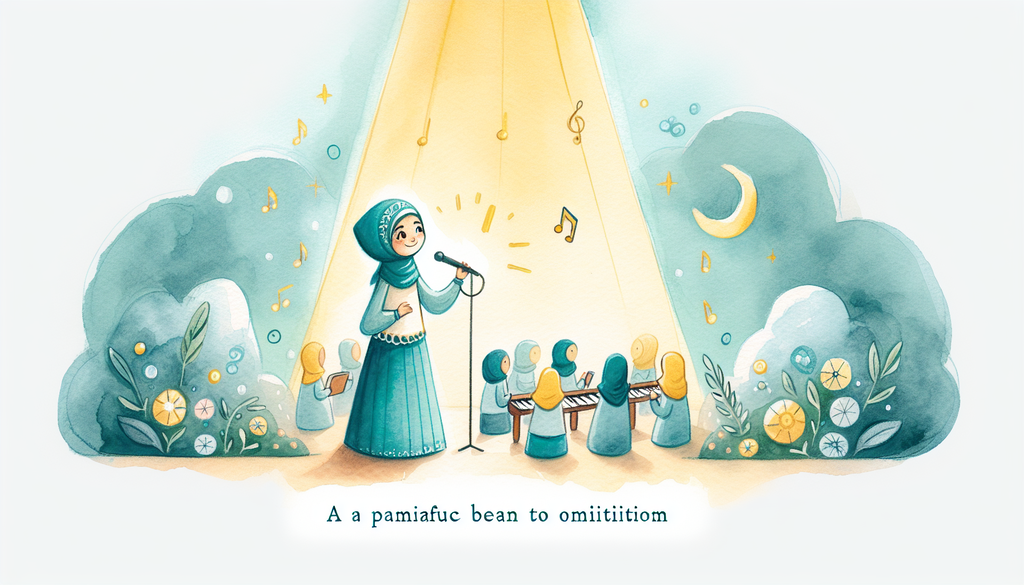A Parent's Guide to Social Skills Group Therapy

Navigating the world of therapies and support systems for children who manifest special needs or who are identified as gifted can be an intricate undertaking. While many therapeutic avenues exist, Social Skills Group Therapy often proves to be a particularly beneficial approach. It’s designed for children who may struggle with developmental delays or face challenges in social communication and interaction]( /Navigating-Friendships-Social-Skills-for-Gifted-and-Special-Needs-Kids/).
Understanding Social Skills Group Therapy
Social skills group therapy involves a small group of children, typically led by a therapist or counselor, engaging in activities tailored to bolster social competence. This form of therapy is an integral part of the support network for many children, particularly those diagnosed with Autism Spectrum Disorder (ASD) or those identified as gifted but struggle with social cues or peer interaction.
Benefits of Social Skills Group Therapy
Children learning and practicing social skills within a group context offers numerous benefits. These can be:
Peer Learning
Children have an innate ability to learn from their peers. The right environment for peer learning is created in social skills group therapy. By observing and interacting with others, children can gain new skills and insights into social dynamics.
Real-Time Feedback
As children engage in group activities, they can receive immediate feedback about how their behavior is impacting others. This real-time information can help them adjust their actions more appropriately.
Building Friendships
Children can create meaningful relationships within these groups. For children who may find it difficult to forge friendships in school or community settings, this provides an invaluable opportunity.
Assessing Suitability
While social skills group therapy has numerous potential benefits, its success largely depends on the specific needs and receptiveness of your child. Seeking professional advice is always beneficial. Consider your child’s comfort level in groups, willingness to participate, and ability to integrate what they have learned into everyday settings.
Selecting a Group
Choosing the right group involves considering factors such as the age range of participants, the gender mix, the areas of social skill focus (e.g., conversation skills, coping with emotions, or problem-solving skills), and the expertise of the group leaders.
Remember that regular communication with the group leader is essential to monitor your child’s progress and address any concerns. Consult our guide on communicating with your child’s school team for useful tips.
Conclusion
Social skills group therapy can be a supportive pillar in a child’s development. By creating a safe, structured environment for developing social skills, group therapy can forge a critical bridge between learning social behaviours and implementing them seamlessly in everyday life. As parents and caregivers, understanding this approach can empower us to better prepare our children for a social world, providing them the tools they need to grow, thrive, and connect with others.
Would you like to learn more about supporting your child’s social skills or explore other aspects of special education? Visit our posts on Understanding Non-Verbal Learning Disability (NVLD) and Cognitive Behavioral Therapy for Anxious Gifted Children for more information.